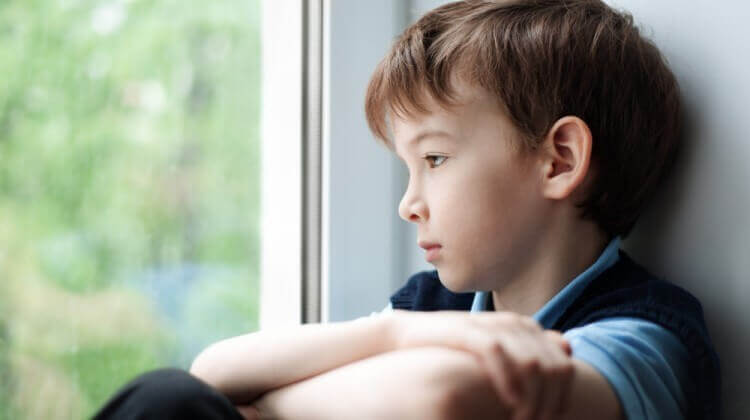I think we often ignore the damage we can do with our actions and words. It is a very common communication trap, even for the most thoughtful people. Imagine for people who communicate their thoughts when they come to mind?On the other hand, this problem accentuates the negative consequences when the impulsive person is raising their child.
Said Bernardo Stamateas, author of the famous book “Toxic People”: “Don’t attach yourself to those who don’t rejoice in your successes. “But I wonder, what happens when a child is involved?She thinks she can’t change her father or mother like someone who changes friends or partners.
- Although Stamateas’ book has become very popular.
- The term “toxic father?”It was invented by Susan Forward.
- This American psychologist is the author of a book called “Parents Who Hate.
- ” also very popular.
For Forward, a toxic father is a person who hurts his children. The media, as well as the motivations, are very varied. The means by which parents can be toxic include manipulation, excessive demands, abuse, etc.
But there is a clear question, what happens in a father’s mind to provoke a toxic education towards his son?, according to the author, all part of his own traumas, related to selfishness or narcissism, his triumphs and personal achievements are the most important. and if they don’t reach them, they project their frustrations on their children, humiliating and undermining their own self-esteem.
Through various studies and research, psychologists like Forward have discovered what aspects a child suffers most from their toxic father, we would say that it is extremely important to keep that in mind so that we can identify these attitudes and try to solve them. .
If a parent cannot tolerate a child’s failure, it is likely to become toxic attitudes or communications, so they can be demanding and perfectionists in the extreme. This means that they constantly remind the child of the mistakes he has made, and that’s why he will feel really affected. Basically, what happens is that the father projects his low self-esteem and feeling of inferiority in the child.
Toxic parenthood generally bases its justifications on manipulation, detects the child’s weaknesses and exploits them to achieve its goal, of course, the child ends up feeling controlled, anxious and even unable to make his own decisions.
Clearly, the toxic parent is too tolerant and authoritarian, forcing the child to behave in a certain way regardless of their feelings or needs, this inflexibility makes the child unhappy, because he does not feel understanding, closeness and affection on the part of his parents.
A critical point for toxic parents arises when they begin to get involved in physical violence, as they are already accustomed to verbal abuse before the situation escalaes, so bad words, insults and beatings that compromise the child’s safety and self-esteem begin to emerge. Repeated.
Not only are parents with a toxic upbringing demanding enough to go crazy, they are also overly critical and rarely rent their children. Even if they do a good job, they will always see the drawbacks, what can be corrected, what can be improved, what is reprehensible, of course they do not take into account age, skills, intentionality, etc. of her son. it puts children on the defensive and they will think that this is the only way to relate to the world.
If something is essential for a child, it is the love and affection of his loved ones: what he feels, but also what is shown. Ties will largely define the child’s development. Think that a child who does not feel loved by her parents will be a sad and annihilated child.
The toxic father, projecting his frustration on his son, will make him feel guilty. Each failure of the father will be projected on the child, who will become more and more irritable and insecure every day.
Before closing this article, we would like to remind you that a toxic parent is also un communicative, overprotective and will try to make your child live the life he could not live; therefore, he will rarely accept the wishes and aspirations of the child who leaves this path. We’re talking about a selfish father who will try to plan every detail of his son’s world. In short, a child who develops serious emotional problems related to oneself. -estimation, responsibility and self-confidence.

